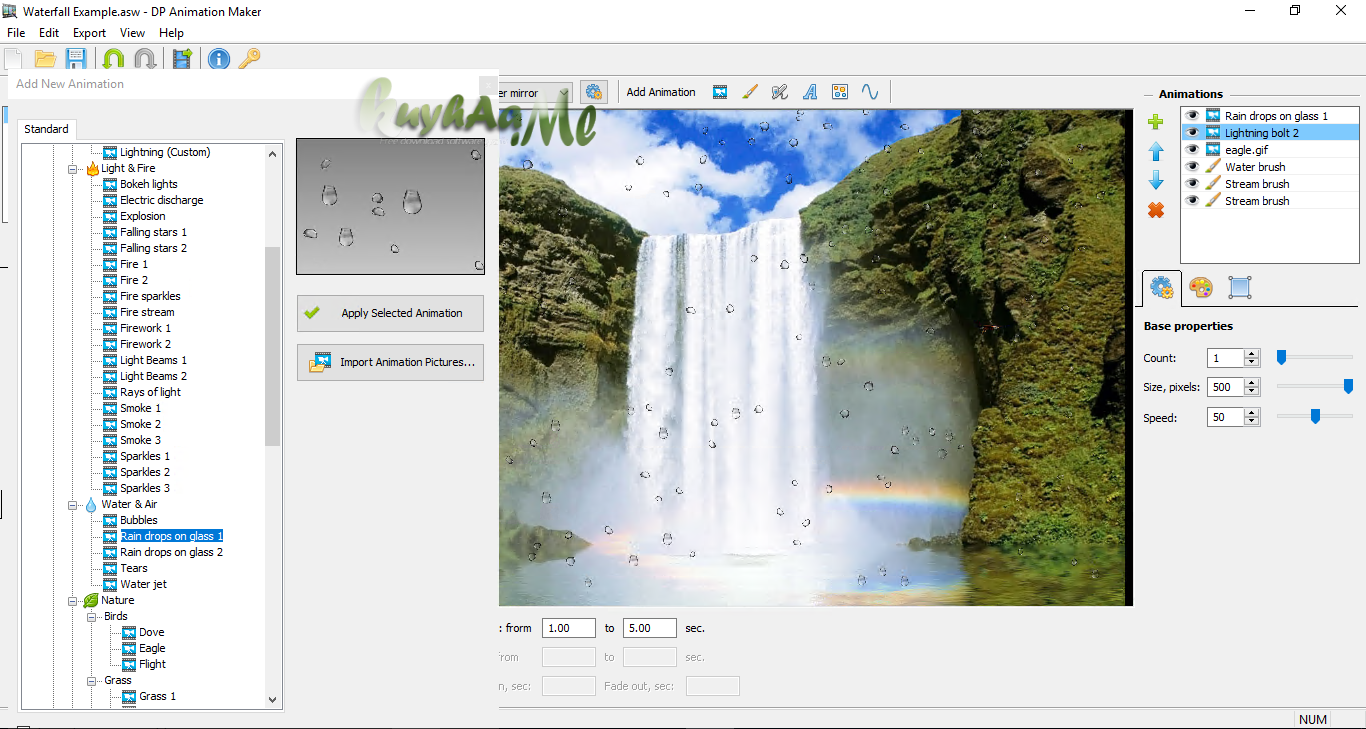
8.2.2: Replying to Complaints or Claims.8.2.1: Complaint or Claim Message Organization.8.1.3: Replies to Information or Action Requests.8.1: Information Shares, Action Requests, and Replies.7.4.5: Two Types of Proposals: Solicited and Unsolicited.7.3.1: Types of Reports: Informational and Analytical.7.1.1: Return Address or Company Letterhead.Chapter 7: Traditional Written Communication.6.2.3: Using Social Media Professionally.6.1.4: Opening Salutation & Recipient Selection.Chapter 6: Electronic Written Communication.5.5.2: Italicizing, Underlining, and Bolding.Chapter 5: The Writing Process 4: Editing.4.6.9: Making Accessible, AODA-compliant Documents.4.3.1: Sentence Structure and the Four Moods.4.1: Choosing an Organizational Pattern.
 Chapter 4: The Writing Process 3: Drafting. 3.5.4: Citing and Referencing Sources in IEEE Style. 3.5.3: Citing and Referencing Sources in MLA Style. 3.5.2: Citing and Referencing Sources in APA Style. 3.5: Documenting Sources in APA, MLA, or IEEE Styles. 3.4: Using Source Text: Quoting, Paraphrasing, and Summarizing. 3.3: Collecting Sources by Reading with a Purpose. 3.2.2: Assessing the Credibility of Online Sources.
Chapter 4: The Writing Process 3: Drafting. 3.5.4: Citing and Referencing Sources in IEEE Style. 3.5.3: Citing and Referencing Sources in MLA Style. 3.5.2: Citing and Referencing Sources in APA Style. 3.5: Documenting Sources in APA, MLA, or IEEE Styles. 3.4: Using Source Text: Quoting, Paraphrasing, and Summarizing. 3.3: Collecting Sources by Reading with a Purpose. 3.2.2: Assessing the Credibility of Online Sources.  3.2.1: Assessing the Credibility of Print Sources. Chapter 3: The Writing Process 2: Researching. 2.2.5: Considering Your Audience’s Demographic.
3.2.1: Assessing the Credibility of Print Sources. Chapter 3: The Writing Process 2: Researching. 2.2.5: Considering Your Audience’s Demographic.  2.2.4: Considering Your Audience’s Level of Knowledge. 2.2.3: Considering Your Relationship to the Audience and Their Position. 2.2.1: Writing for Audiences of Various Sizes. Chapter 2: The Writing Process 1: Preparing. 1.4.3: Receiver-related Miscommunication. 1.4.2: Channel-related Miscommunication. 1.1.4: Communication Represents You and Your Employer. 1.1.3: A Diverse Skillset Featuring Communications Is Key to Survival. 1.1.2: Communication Skills Desired by Employers. Communication at Work by Jordan Smith is licensed under a Creative Commons Attribution 4.0 International License, except where otherwise noted.
2.2.4: Considering Your Audience’s Level of Knowledge. 2.2.3: Considering Your Relationship to the Audience and Their Position. 2.2.1: Writing for Audiences of Various Sizes. Chapter 2: The Writing Process 1: Preparing. 1.4.3: Receiver-related Miscommunication. 1.4.2: Channel-related Miscommunication. 1.1.4: Communication Represents You and Your Employer. 1.1.3: A Diverse Skillset Featuring Communications Is Key to Survival. 1.1.2: Communication Skills Desired by Employers. Communication at Work by Jordan Smith is licensed under a Creative Commons Attribution 4.0 International License, except where otherwise noted.







 0 kommentar(er)
0 kommentar(er)
